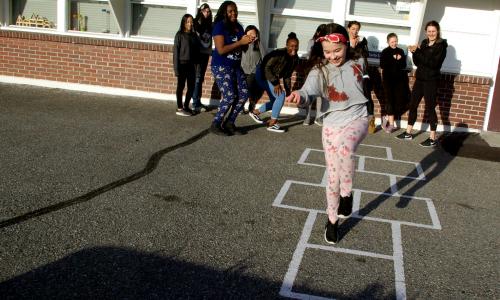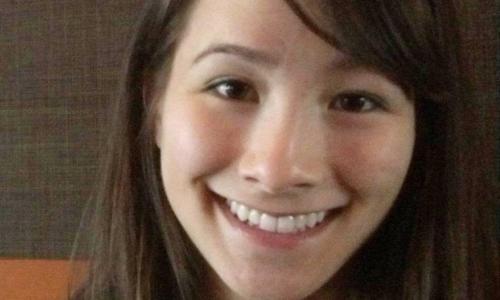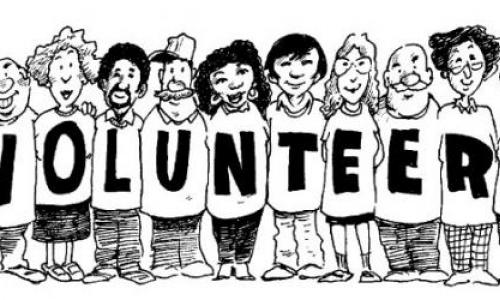
When I was coaching a high school wrestling practice, my direct supervisor asked if I wanted to become a pairing master for an upcoming tournament at the wrestling club. He said I would not only gain experience in using tournament software and creating bout sheets for matches, but I would also get paid. He also said it would help whenever the club would need to run a tournament.
What is the main difference between work and volunteer experiences? One gets paid while the other doesn’t. Regardless, the experience is experience. You gain new experiences with every part-job, volunteer opportunity, class, co-op, or summer job.
But I want to focus more on volunteer positions. From personal experience, volunteer opportunities are one of the best ways to network with people. With all of my volunteer roles as a high school wrestling coach, career peer educator and engage blog writer, my network has expanded. I got to meet people from a variety of backgrounds and became great friends, and this can help you land your next job opportunity.
This is how volunteer opportunities lead to your next job offer:
Start
My experience has been that volunteer opportunities are easier to get then work positions (there have been some exceptions). Regardless, it is a great way to build your resume and become a more well-round person. Volunteer opportunities are in every municipality. Try looking at some local community centers or soup kitchens. If you want to find meaningful volunteer opportunities on or off-campus, come see a career advisor at Volunteer Services or an Engagement Peer.
Experience
As stated above, experience is experience, whether this is paid or unpaid work (I will say I don’t agree with unpaid internships). As a former volunteer teaching assistant, I was working with high school students. Not only was I helping students learn the subject material, but I was learning from them as well. I got to know their backgrounds and interests, and this allowed me to adapt my teaching style to become a more effective educator. By gaining more experience, you can add to your resume, and this can help you land your next job.
Network
As stated above, I’ve networked with many people. I’m a world literature and international studies student, and I’ve met communication, molecular biology and biochemistry & engineering students, and university and Olympic wrestlers. These relationships have helped me gain my next job opportunities, and I’m thankful for meeting these people.
Discover
When I enter SFU, my initial plan was to gain a degree, enter the PDP teaching program and become a teacher. However, after nine months of volunteering at SFU Career Services, I have become open to looking into new opportunities such as advising and coordinating. Though my passion is to still work in the education field, my plans have changed, and now I want to work with the youth population after I finish my university program. Volunteering as a career-exploration tool is a great way to give you clues for your future career.
So hopefully, after reading this article, you remember the acronym SEND. I wish you good luck on the next volunteer opportunity. I think you will be surprised by what will come in the near future.
















